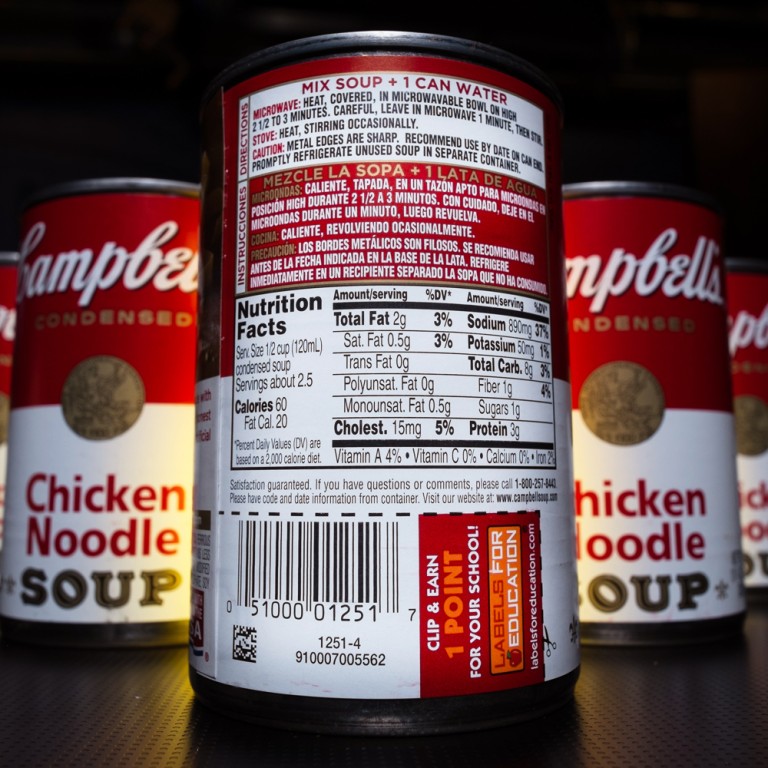
Food and beverage giants slash calories in US war on obesity
Food and beverage giants in US rise to the challenge, exceeding fourfold their commitment to produce healthier products, audit shows
The world's largest food and beverage companies have exceeded a five-year goal set in 2010 to fight obesity by removing trillions of calories from products sold in the US, according to an independent evaluation.

The companies say they accomplished this through changes ranging from reducing the sugar in chocolate-milk powder to introducing more ice-cream products with built-in portion control.
"Reports like this, and the fact that they exceeded their commitment by fourfold, really shows that you can make progress in giving American families more healthy options," said Larry Soler, of the Partnership for a Healthier America, a non-profit group chaired by first lady Michelle Obama.
The group was formed in 2010 to work with the private sector on anti-obesity strategies. At the time the Partnership was launched, critics said it relied too heavily on industry goodwill and called instead for stricter regulation on food production and marketing.
Even with the companies' success so far in reducing the calories they sell, some experts say that voluntary efforts by industry "are not a magic bullet".
Jeff Levi, executive director of Trust for America's Health, said that "particularly with kids, there is a role for regulation" in reducing demand for unhealthy, high-calorie fare.
UNC public health researcher Barry Popkin said it was not clear how the companies accomplished the dramatic reduction. Some of the decline may have come from the recession, as financially strapped families cut back on junk food.
When the pledge was announced, companies said they would introduce lower-calorie products, re-engineer existing products to cut their calories and reduce the size of portions.
Popkin and his team have found that beverage companies are producing more drinks that have both sugar and artificial sweeteners and, therefore, fewer calories than sugar-only drinks. They also are "shifting advertising to lower-calorie beverages", as Coca-Cola and Pepsi both did.
The biggest reduction in calories sold was to households with young children.
"It seems to be parents who are driving the calorie reductions," Popkin said.
Several participating companies made lower-calorie versions of their popular foods, which have been hits with consumers.
In the US, some 35.7 per cent adults and 14.9 per cent of children are obese.

